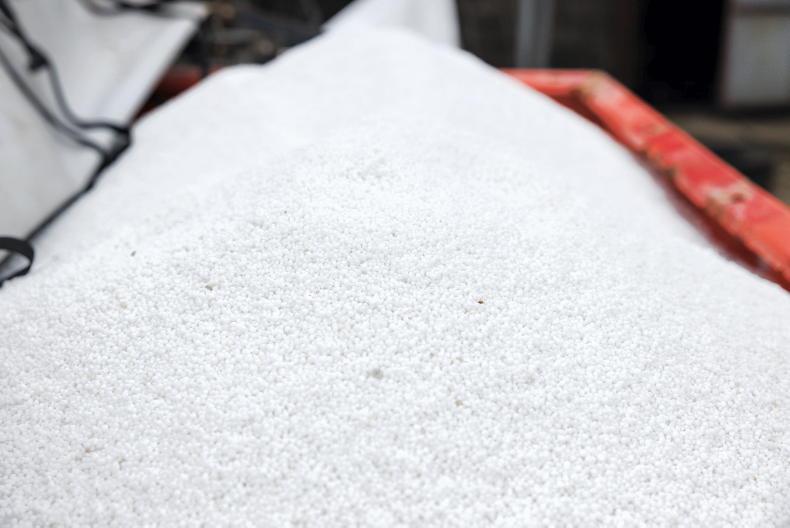Plant-based foods have a higher carbon footprint than meat and dairy from a nutrient density point of view, according to one of Ireland’s leading clinical physicians.
Speaking at the 2019 Nuffield conference, Prof Alice Stanton from the Royal College of Surgeons said she was very concerned about some of the deficiencies in plant-based diets being extolled today.
Animal-sourced foods do have more GHG emissions but it’s in proportion to their nutrient density
When the greenhouse gas (GHG) emissions of different foods are measured on their nutrient and energy density, processed fruit and vegetables rank much worse than meat, dairy and grains. In simple terms, the amount of GHG emissions created from producing a processed fruit or vegetable product is 25% higher than meat and almost 40% higher than dairy.
Nutrients
“Plant-based foods don’t have as much GHG emissions but they don’t have the nutrient density either,” said Prof Stanton. “Animal-sourced foods do have more GHG emissions but it’s in proportion to their nutrient density. And there are some animal-sourced foods that are really good in nutrient density and not that bad in GHG emissions,” she added.
Prof Stanton said we need to looking at the nutritiousness of food when it comes to emissions and not just net emissions from a per kilo of output perspective.
Veggie burger
She gave the example of a highly processed veggie burger, which does have the required nutrient density for adequate human nutrition needs. She said this nutrient density comes at the cost of a massive increase in GHG emissions for that food product.
In 2017, over 20% of all deaths around the world, or 11m people, came from dietary risks. The major causes of diet-related deaths were diets high in sodium or grains, or conversely diets low in fruit, vegetables or nuts. In contrast, diets high in meat accounted for less than 0.5% of diet-related deaths.
Read more
Nuffield conference: alternative crops can store twice as much carbon as trees
Department chief questions nitrogen usage on farms
Plant-based foods have a higher carbon footprint than meat and dairy from a nutrient density point of view, according to one of Ireland’s leading clinical physicians.
Speaking at the 2019 Nuffield conference, Prof Alice Stanton from the Royal College of Surgeons said she was very concerned about some of the deficiencies in plant-based diets being extolled today.
Animal-sourced foods do have more GHG emissions but it’s in proportion to their nutrient density
When the greenhouse gas (GHG) emissions of different foods are measured on their nutrient and energy density, processed fruit and vegetables rank much worse than meat, dairy and grains. In simple terms, the amount of GHG emissions created from producing a processed fruit or vegetable product is 25% higher than meat and almost 40% higher than dairy.
Nutrients
“Plant-based foods don’t have as much GHG emissions but they don’t have the nutrient density either,” said Prof Stanton. “Animal-sourced foods do have more GHG emissions but it’s in proportion to their nutrient density. And there are some animal-sourced foods that are really good in nutrient density and not that bad in GHG emissions,” she added.
Prof Stanton said we need to looking at the nutritiousness of food when it comes to emissions and not just net emissions from a per kilo of output perspective.
Veggie burger
She gave the example of a highly processed veggie burger, which does have the required nutrient density for adequate human nutrition needs. She said this nutrient density comes at the cost of a massive increase in GHG emissions for that food product.
In 2017, over 20% of all deaths around the world, or 11m people, came from dietary risks. The major causes of diet-related deaths were diets high in sodium or grains, or conversely diets low in fruit, vegetables or nuts. In contrast, diets high in meat accounted for less than 0.5% of diet-related deaths.
Read more
Nuffield conference: alternative crops can store twice as much carbon as trees
Department chief questions nitrogen usage on farms









SHARING OPTIONS